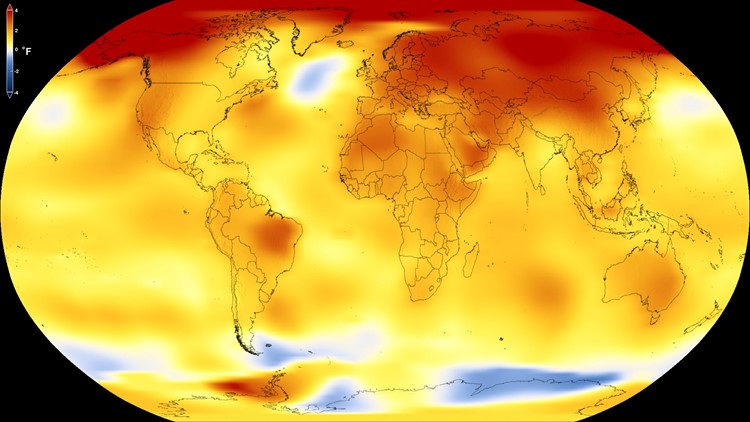
Climate change is the observed century-scale rise in the average temperature of the Earth's climate system and its related effects. Multiple lines of scientific research and hard facts indicate that our climate system is definitely warming.
Budgets of carbon emissions that are consistent with limiting warming to no more than 1.5 °C over pre-industrial temperatures have been hotly debated, following the Paris Agreement on climate change targets. Here we present comments and primary research discussing the impacts of the debate on decision-making processes, and the issues that the climate science community now needs to grapple with.
Past warmer worlds were caused by different forcings, which limits the applicability of our findings to future climate change. Nevertheless, we can conclude that even for a 2 °C (and potentially 1.5 °C) global warming—as targeted in the Paris Agreement101—sig-nificant impacts on the Earth system are to be expected. Terrestrial and aquatic ecosystems will spatially reorganize to adapt to warmer conditions as they did in the past (for example, during the HTM or LIG). However, human interferences other than climate change, such as pollution, land-use, hunting/fishing, and overconsumption, appear to have a much larger influence on species extinction and diversity loss102 than climate warming. The risk of amplification, such as runaway greenhouse gas feedbacks, appears—based on the paleo record—to be small under the modest warming of RCP2.6. From this perspective, staying in a range of warming experienced during the past interglacial periods is appropriate to limit risks and impacts of climate change101. Although these findings support the 2 °C global warming target of the Paris Agreement, more rapid or extensive warming in scenarios such as RCP8.5 would be outside the experience provided by past interglacial periods reviewed here. Such a pathway into conditions without well-studied precedent would be inherently risky for human society and sustainable development.
Global warming could be far worse than predicted, a new study suggests http://www.9news.com/article/news/nation-now/global-warming-could-be-fa…
Global warming could be far worse than predicted, new study suggests https://usat.ly/2lZYfEE
How to capture the eerie nighttime clouds of climate change https://www.theverge.com/2018/7/6/17540708/noctilucent-night-shining-cl…
https://www.nature.com/articles/s41561-018-0146-0.epdf?referrer_access_…